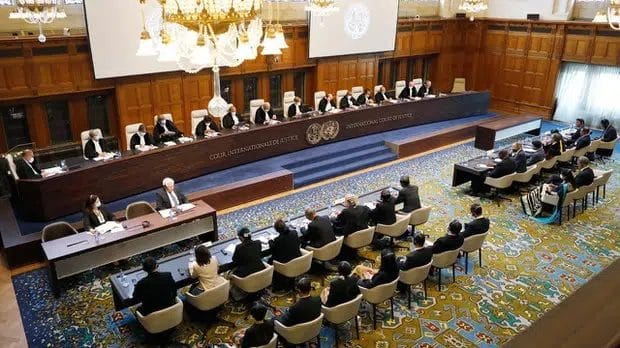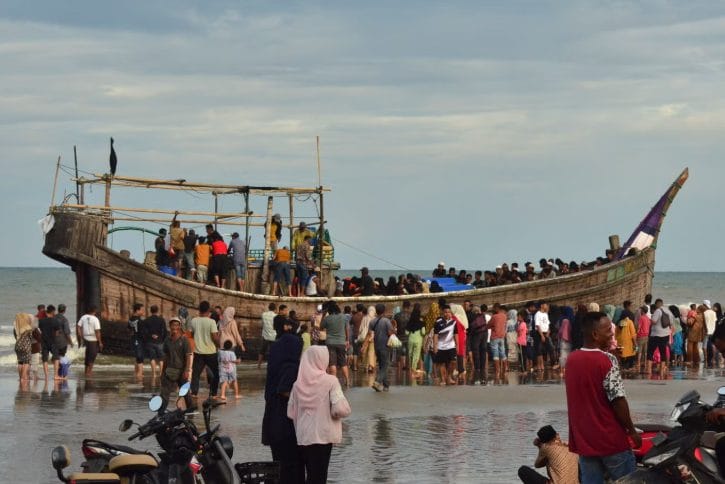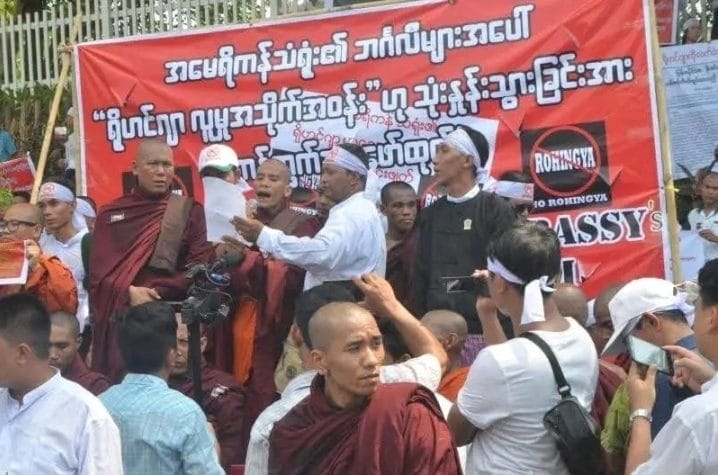Arakan News Agency | Exclusive
Rohingya refugees in the Indonesian city of Pekanbaru organized an awareness session on September 30 to warn about the dangers of human trafficking, cautioning others against falling into the trap of traffickers who lure them with false promises of a better life.
Hamedul Haque, one of the organizers, told Arakan News Agency that the session aimed to warn newly arrived refugees from Bangladeshi camps not to risk their lives by taking irregular migration routes, adding that several participants shared their experiences of surviving perilous sea journeys.

One Rohingya woman said that life in Indonesia turned out to be more difficult than in the Bangladeshi camps, pointing to the lack of proper shelter and the absence of an educational system for their children.
Other participants confirmed that traffickers deceived them with false promises of jobs, aid, and education, only to abandon them along the way. One participant said:
“Everything they told us was a lie, and we went for days without food.”
Another organizer revealed that he had been deceived in November 2023 by a trafficker who promised him monthly aid, education for his children, and a better life in Indonesia, but instead faced threats after leaving the camp and ended up in a situation worse than in the Bangladeshi camps.
Participant Hamdul Rahman stressed the importance of warning the community, saying:
“Knowing the cruelty of the traffickers, if we don’t warn our community, we will be held accountable on the Day of Judgment.”
At the end of the session, the refugees expressed their gratitude to the people and government of Indonesia for providing them with a safe haven, voicing hope that such awareness campaigns would help reduce the number of Rohingya falling into the traffickers’ traps.
Many Rohingya refugees attempt to reach countries like Malaysia or Indonesia through dangerous sea journeys across the Bay of Bengal and the Andaman Sea. The UN High Commissioner for Refugees (UNHCR) warns that these routes are among the deadliest migration routes in the world, with hundreds of Rohingya dying each year from starvation, dehydration, or abuse by traffickers.
In recent years, Indonesia has received thousands of Rohingya who arrived on its shores, with authorities and local communities offering temporary assistance.
Previously, Rohingya refugees in Indonesia had appealed to the international community to secure their basic needs and provide them with a dignified life after spending more than two years living in temporary tents without proper housing, education, or healthcare.

















